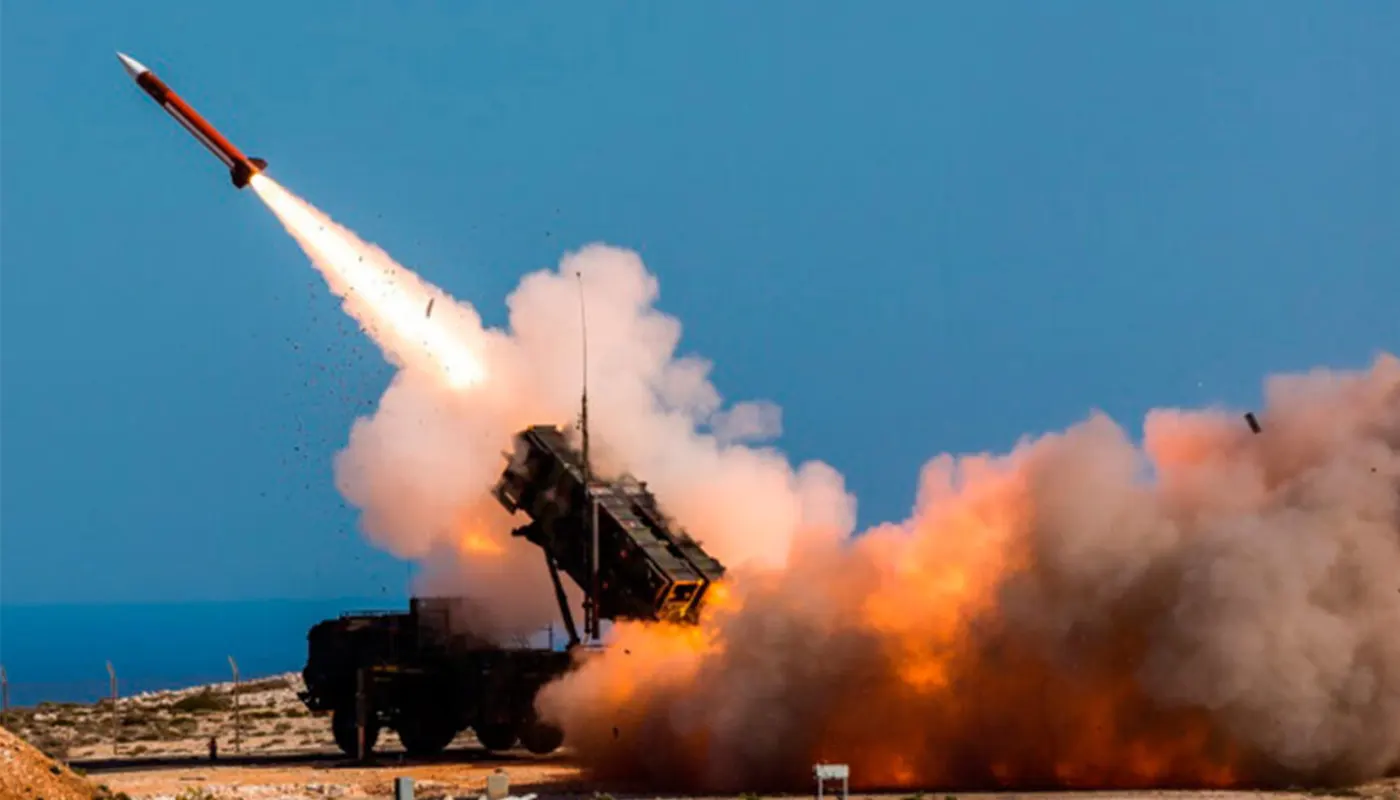ATHENS – In a strategic move prompted by rising instability in the Middle East, Greece has redeployed American-made Patriot surface-to-air missile batteries to its military facilities on Crete. This deployment forms part of a broader effort by Athens to reinforce its air defence posture in response to regional volatility.
Strategic Response to Regional Escalation
According to statements from Greek Defence Minister Nikos Dendias, the redeployment to Crete is intended to create a “shield” capable of neutralizing potential threats stemming from escalating tensions in the eastern Mediterranean.
While Athens has not confirmed the exact number of missile batteries, sources indicate at least one battery has arrived at the Souda Bay base, a key military hub on the island.
The redeployment follows earlier investments under Greece’s ambitious “Achilles Shield” air defence initiative—a €25 billion overhaul that includes Stages 2 and 3 deployments of Patriot systems alongside cutting-edge Israeli Barak MX batteries .
Ties with U.S. and Israel Strengthen Capabilities
Since acquiring Patriot PAC‑2 batteries and upgrading to PAC‑3 configurations in recent years, Greece has maintained a robust U.S. air defence footprint. In parallel, Athens has engaged in enhanced military-technical cooperation with Israel: ordering Barak MX systems and advanced PULS rocket launchers as part of a multi-layered defence architecture.
These deployments reflect increasing regional coordination, spurred in part by Greek criticism of Iranian missile strikes on Israel and Greece’s own regional aid initiatives.
Strategic Implications in Crete
Crete’s Souda Bay hosts extensive NATO infrastructure and functions as a critical gateway between Europe and the Middle East. The island’s strategic position enables rapid response not only to Aegean airspace threats, such as those originating from neighbouring Turkey, but also ripple effects from Middle East escalation.
Turkey, long sensitive to Greek defence upgrades in Crete—especially the stationing of systems like S‑300s and recently Patriot batteries—has previously condemned such deployments as “hostile,” even accusing Greece of targeting Turkish aircraft.
Athens Faces Regional Balancing Act
With its “Iron Wall” defence posture—integrating U.S. Patriots, Israeli-made systems, and European SAM technologies—Greece is clearly preparing to deter aerial and missile threats across multiple theatres.
While strengthening its alliances with the U.S. and Israel, Athens must also manage relations with NATO ally Turkey, where such deployments frequently trigger diplomatic friction. Greek defence officials, however, argue these measures are purely defensive, aimed at preserving regional stability amid unpredictable geopolitical developments.
Looking Ahead
Following Prime Minister Mitsotakis’s recent announcement of the Achilles Shield’s phased completion by 2027, further deployments are expected—including additional Patriot batteries and Israeli missile systems—to complete the island’s layered defence network.
As conflicts simmer across the eastern Mediterranean and the Middle East, Greece’s positioning of Patriot systems on Crete signifies an assertive expansion of its air defence umbrella. Observers note that this escalation not only bolsters national defence but also shapes the broader security architecture of the region.






